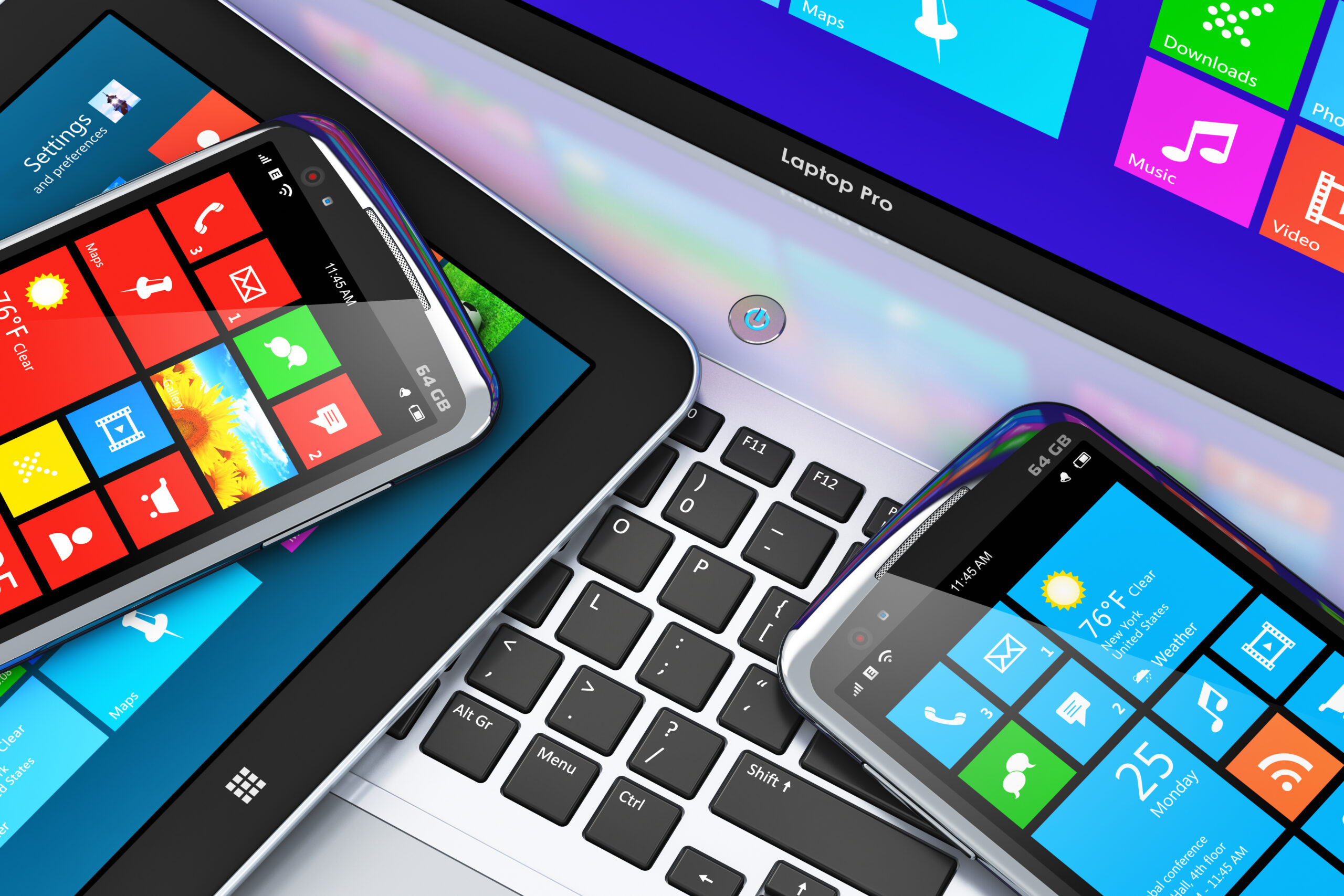The Correct Way to Recycle for Sustainable Results
The Correct Way to Recycle for Sustainable Results
Electronic waste, also known as e-waste, is a serious threat to the continued health of our planet—and our population. In fact, the World Health Organization (WHO) has predicted a 30% uptick in this type of waste around the world by the end of this year in the form of 63 million tons of landfill-clogging items. And, as technology continues to grow exponentially, there will simply be more electronics which require disposal in the future. As an example, the proliferation of mobile phones has resulted in an estimated 5.3 billion smartphones being thrown away in 2022—phones that could easily have been recycled.
At ARCOA, we’re driven by our commitment to sustainability and our passion for the well-being of our planet. While we’re an industry leader in the commercial recycling and processing of electronic scrap and precious metal, we want to share some knowledge on the importance of recycling for both businesses and residents.
The Importance of Recycling
We are a planet overrun with waste. In fact, more than 2 billion tons of waste are generated each year on a global scale—with at least a third of that waste being mismanaged in ways that are unsafe and unsustainable for our environment. But three-quarters of all the waste produced can be properly recycled to extend its life or return it to raw materials that can be used to produce other products. There are many benefits to recycling unneeded, outdated, or discarded items, including:
- Reducing toxic waste in the environment
- Reducing the amount of waste in landfills
- Conserving non-renewable resources
- Decreasing energy consumption
- Improving economies through the creation of new jobs
- Decreasing the use and harvest of precious natural resources
For businesses, the benefits are even greater. Today’s discerning consumers are looking for businesses who supply high-quality goods and services while adhering to environmental, social, and governance (ESG) efforts. Nearly 70% of CEOs today see sustainable value creation through ESG initiatives as a critical part of growth and value-retention efforts, making a strong ESG program a smart part of any marketing strategy. Fortunately, recycling is an important and easy way to enhance your ESG efforts, as long as it is done correctly.
How to Recycle Correctly
Understanding the process of recycling is the first step toward creating a recycling habit—whether you are a consumer or a business interested in building a sustainable future. To begin with, each city or state may have specific locations and rules governing their recycling programs. To make it easy, you can search your zip code using the Earth911 database to learn how and where to dispose of specific materials in your area. Considered one of the most complete recycling databases in North America, Earth911 in the perfect place to begin your recycling journey.
Understand What Materials Are Accepted
After you know where you can take your recyclable materials, you’ll need to ensure you take the right materials to the correct drop-off locations. Some locations only take certain recyclables, so use the database or call ahead to be sure your items can be accepted. In general, most paper, plastics, glass, metals, batteries, and even electronics (e-waste) are readily recyclable.
Preparing Your Materials for Recycling
There is always room for improvement when beginning or fine-tuning a recycling program for your home or business. Here are some recycling guidelines to get you started:
- Make sure you empty, clean, and dry all your recyclable items. Dirty items, such as containers with food still in them, can contaminate an entire recycling load and cause it to be rerouted to a landfill.
- Create a designated recycling space with containers that allow you to pre-sort materials.
- Flatten any cardboard recyclables to save space and make it easier for recyclers to process.
- Don’t recycle grocery bags because they can get tangled in recycling machinery and cause problems.
- Don’t recycle anything smaller than a business card individually—they also cause problems in the recycling centers by clogging machinery.
- Know the recycling symbols on your plastics and sort them accordingly. To learn more about them, check out this page on the EverydayRecycler website.
Finally, don’t put items you “think” are recyclable in recycle bins. If there is too much trash mixed into a recycling load, the whole load must be sent to a landfill.
Continue to Educate Yourself on Recycling
When it comes to recycling, knowledge is power. Stay on top of changes in your area’s recycling rules and regulations by searching for local recycling websites. You can start with the Earth911 database and even check with Keep America Beautiful to determine what’s available in your area. Browse through local government websites and check with local retailers who may offer recycling of specialty items.
Recycling the Right Way with ARCOA
Our certified processes are environmentally friendly, and our experience and resources help businesses with sustainability and environmental, social, and governance (ESG) efforts.
For electronic recycling, we accept a wide range of computers, servers, mobile devices, office equipment, and more. Some of the things we do not accept include materials containing mercury, PCBs, or refrigerants; radioactive materials; biological hazardous materials; and materials such as firearms, explosives, compressed gas containers, and similar items. To learn more about our electronic recycling services and how we can help your business, check out our solutions on the ARCOA website.
RELATED INSIGHTS

Windows 11 and Device Management: What You Don’t Know Can Hurt You!
One of the most overlooked—but critical—steps in the IT asset disposition (ITAD) process is ensuring that devices are fully...

E-Waste Legislation: What Businesses Need to Know in 2025
The evolving landscape of electronic waste (e-waste) management is a critical issue in global sustainability efforts, presenting both challenges...
LET’S GET STARTED
Ready to put your retired IT assets to work for your business? Contact us to get the conversation started or request a quote. ARCOA has all the solutions you need to turn old IT assets into new revenue.
Talk to an Expert![$img['alt']](https://www.thinkarcoa.com/wp-content/uploads/2023/02/960x0.jpg)